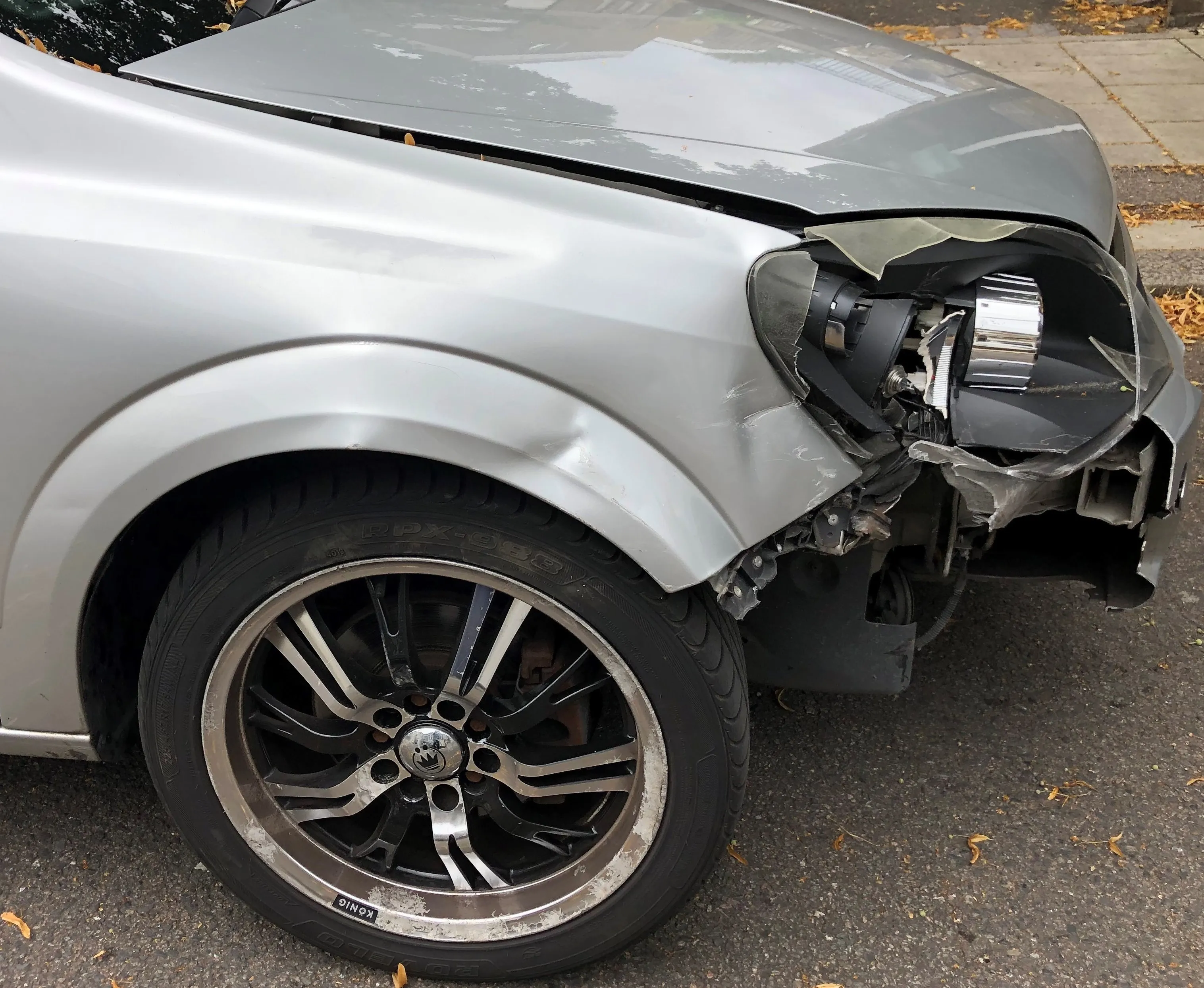Volvo Car Mobility will launch its M car sharing service in Sweden and the US in Spring 2019 to help provide an alternative to car ownership. The brand is intended to offer users a personalised on-demand service via an app.
M is developing proprietary technology which asks users about their needs and preferences.
The vehicle will draw learnings and data from the company’s car sharing service in Sweden called Sunfleet, which operates 1,700 cars. The service will be integrated with M from next year and wi
July 23, 2018
Read time: 1 min
M is developing proprietary technology which asks users about their needs and preferences.
The vehicle will draw learnings and data from the company’s car sharing service in Sweden called Sunfleet, which operates 1,700 cars. The service will be integrated with M from next year and will be available to all existing members.
Stockholm, Sweden, will be M's base of operations, where a beta test will take place this autumn.









